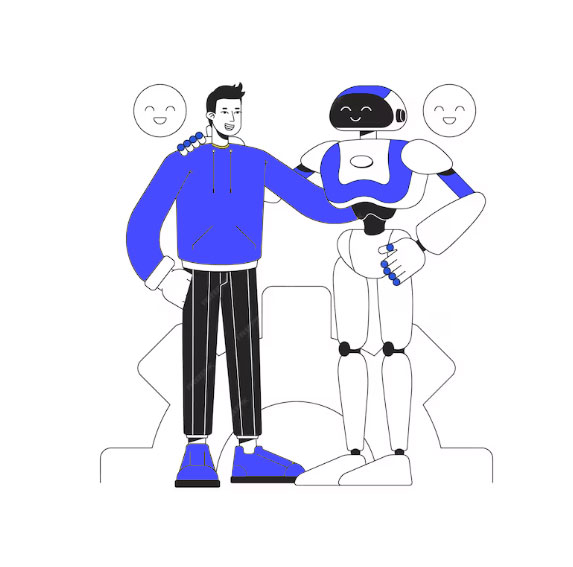Can GPT Overtake Google Search Engine In The Future?
While GPT (Generative Pre-trained Transformer) models like ChatGPT are powerful language models that can generate human-like text and answer questions, they are not designed to replace search engines like Google.
GPT models are primarily focused on generating text based on user input and assisting with specific tasks, such as answering questions or generating responses. On the other hand, search engines like Google are designed to crawl and index the web, providing users with a list of relevant websites based on their queries.
Google’s search engine has a significant market share and a strong presence in both search and language models. While GPT models have shown promise in understanding text and enhancing search capabilities, it is unlikely that they will overtake Google Search as the primary tool for finding specific information on the internet in the near future.
However, there is potential for GPT models and other language models to be used in conjunction with search engines to enhance their capabilities. For example, GPT models could be utilized to understand complex or natural language queries, provide additional context and information related to search results, and create a more interactive and helpful user experience.
GPT vs Google: Understanding the Key Differences
| Feature | GPT | |
| Scope of Information | Can generate responses beyond what is available on the internet | Primarily focuses on providing search results based on indexed web pages |
| Purpose and Functionality | Versatile language model for generating text and assisting with tasks | Full-featured search engine with various services |
| Reliability of Responses | Responses based on training data, may not always be accurate or up-to-date | Search results based on indexing algorithms and relevance of web pages |
| Privacy and Data Collection | Does not collect personal data from users | Collects user data for personalization and targeted advertisements |
| Integration with Other Services | Can be integrated with other services, but primary focus is on generating text | Offers integrations with various service providers |
| Tabular Data Processing | Can process and analyze tabular data with proper formatting and queries | Provides search results related to tabular data, but not direct processing |
| API Usage | Can be used with OpenAI’s API for various applications | Offers APIs for developers to integrate Google services |
| User Interaction | Generates text-based responses to user queries | Provides interactive search results and various tools |
| Market Presence | Gaining popularity as a language model | Dominant search engine with a significant market share |
Please note that the information provided in the table is based on the search results available and may not encompass all possible features and differences between GPT and Google.
Conclusion
In summary, while GPT models like ChatGPT have their strengths, they are not designed to replace search engines like Google. The future of search is likely to involve a combination of search engines and language models working together to provide more comprehensive and context-aware results.

